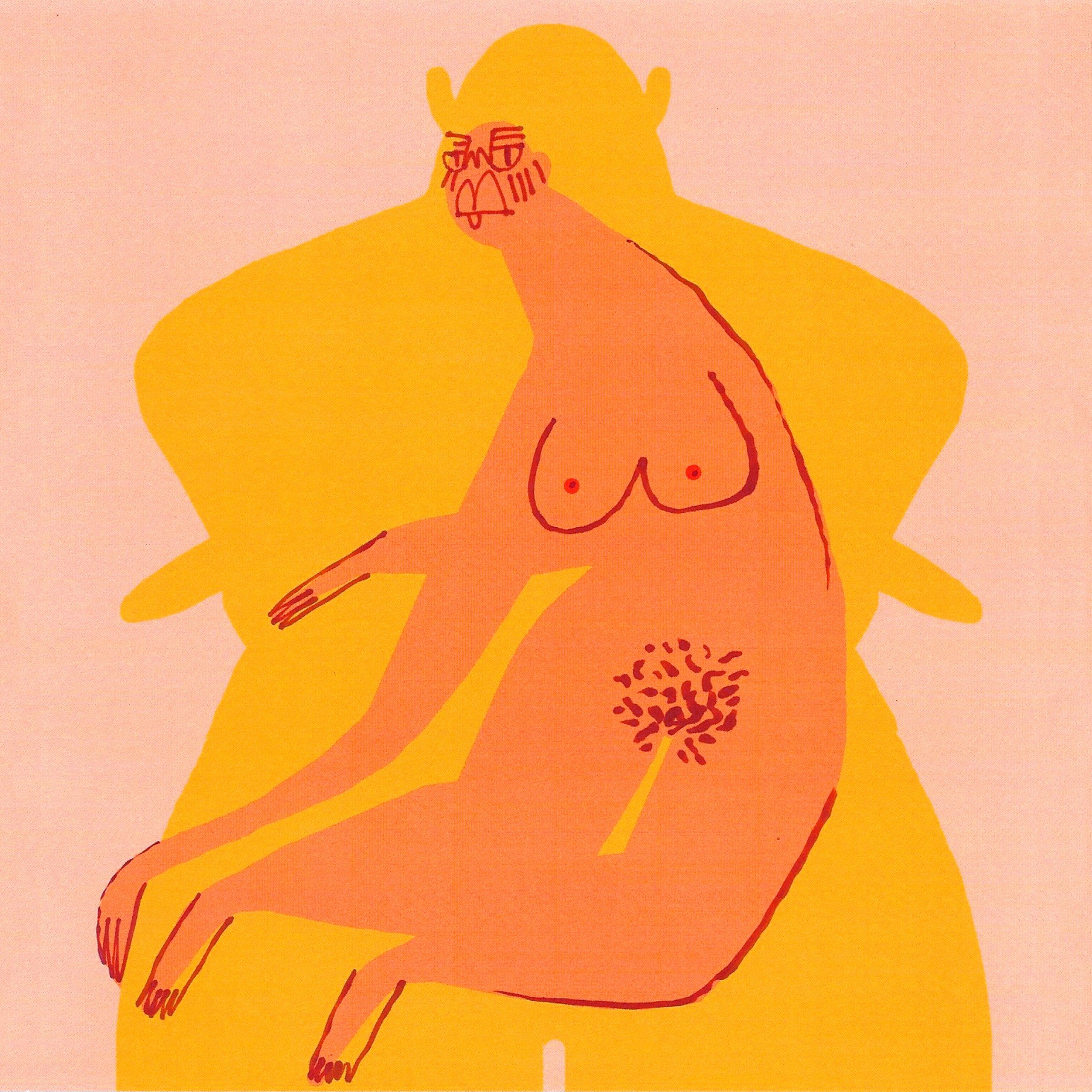“Ladies should be quiet, ladies should be proper, ladies should be … nice.”
I have heard those words, or some variation of those words, my entire life.
I still remember the day when I was taught what the world expected of me as a girl. I was about six and was running around my backyard in the glorious heat of a humid equatorial Nigerian day. I occasionally shouted with joy as I gave chase to my older brother, whom I idolized. As the rivulets of sweat trickled down our faces and backs in the sticky heat, my brother whipped off his shirt, and I gleefully did the same. And as I blissfully took in the feel of the cool breeze on my skin, I heard a woman call out my name, her voice filled with shock and horror.
I was told that my behavior was inappropriate, that it was unladylike to make so much noise and especially unforgivable to take off my shirt. I was confused and asked why my brother could do these things but I could not, and I was told, quite simply, “You are a girl.” There was no malice, no ill intent, it was stated as simple fact.
Over the years, I learned the lesson of proper femininity well. I learned that as my body developed, I shouldn’t play sports because it would distract the boys. How I shouldn’t wear tight clothes or short skirts because it drew attention. How to hold my tongue, be agreeable, be soft, and be likable.
I formed a protective weight barrier in my early teens, as there were advances even then. Feeling it was my job to avert the gaze, I helpfully began to hide within my own body. And while I found respite on the stage, where I could scream, shout, and explore with abandon, my everyday existence was still about exhibiting a straitjacket of niceness.
And then, the last straw. I was told I could no longer do what I loved — acting — because it wasn’t “nice” or “ladylike.” I tried to comply. I worked hard to fit in to the ever-tightening corset of perceived womanhood. I couldn’t breathe. When would these restraints ever end? And the answer was clear: they wouldn’t. This corset would either squeeze all the life out of me, or it was time to forget nice and break the bonds. So I did. I made my environmental-science major into a minor, got in to grad school for theater, and felt for the first time that I was truly beginning to live, to find my voice, to breathe.
***
Fast-forward through a marriage, a divorce, and about a decade, and I’m reading audition sides for a goddess who literally devours men with her vagina. Bilquis is an ancient goddess of love on the TV show *American Gods*, adapted from the book by Neil Gaiman. There were many who clamored to tell me how “not nice” such a character was and how “not nice” it would be for me to want to play her.
But I loved Bilquis. I had loved her from the moment I first came across her bold aesthetic reading Neil’s book in 2001. And I began to develop an even deeper love for her as Bilquis’s unapologetic approach to life continued to inspire and inform me, as I became a version of her.
> I worked hard to appease, to placate, to never appear assuming or
> difficult or, heavens forbid, too assertive or ambitious. What had
> that accomplished?
Despite all this, there were still many hang-ups, many fears propagated by the shadows of my past. In a very politically charged climate, I found myself struggling to filter a taught aversion to discussing my beliefs. That was until I woke up a certain morning in November with a heavy heart and a profound sense of guilt. I had been complicit. Every time the shadows of my past kept me from continuing a discussion because it was not “nice,” I had given permission for certain behaviors and prejudices to continue.
I started to tentatively enter the conversation. It was new ground for me. I stuttered and stammered my way through it, and at times I could barely be heard. But I was finally speaking. One night, while conversing with several acquaintances on a West Hollywood balcony about the perils of discriminating against others purely based on their differences, it all came to a head. I was not going to be complicit yet again, I was not going to allow prejudice to continue to take hold, and I was not going to allow for it to be normalized.
Then, in the darkness, I hear those ever-present words: “Be quiet.” A wellspring of experiences and similar constrictions traveled up from my pelvic floor, rattled around my diaphragm, and rushed forth between my quivering lips — “DO NOT TELL ME TO BE QUIET.”
There it was, the summation of the majority of my life thus far: making allowances, shrinking to fit in to the spaces that we are grudgingly allowed. Be quiet? That is all I had ever been! I worked hard to appease, to placate, to never appear assuming or difficult or, heavens forbid, too assertive or ambitious. What had that accomplished?
To be clear, I am not saying I have the answers, and in no way am I looking to be an example. I am flawed, I am learning, and I make many mistakes. But what I am doing is cultivating my voice now, hoping to aid in amplifying the voices of the women around me. I am reaching inside, holding out my hand to that six-year-old girl, and I am asking her to live out loud.
*Yetide Badaki is an actress who currently stars in* American Gods *on Starz.*



